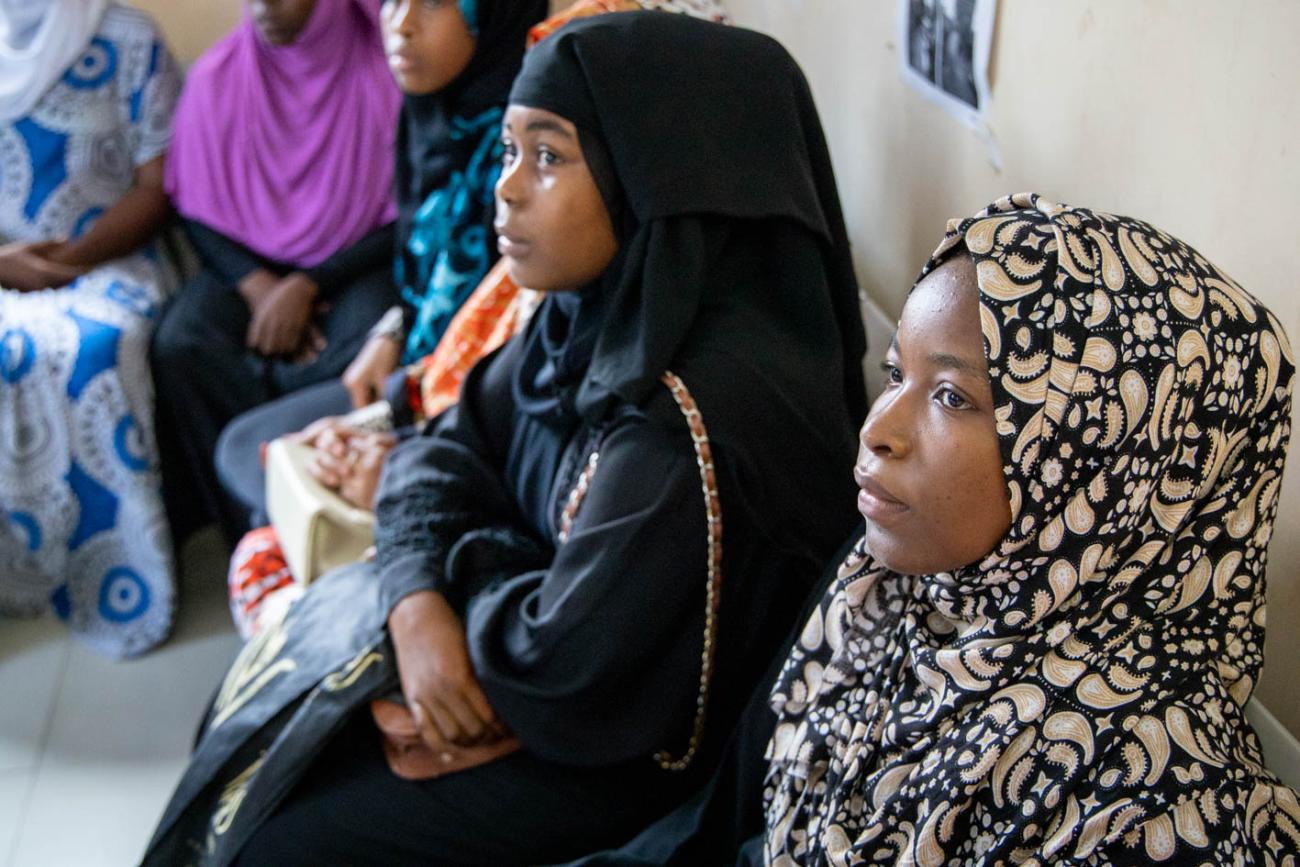It is now six years since Bi. Maimuna’s initiation, but her words are still fresh in Afaafa’s mind.
Afaafa* (19 years) had her first period almost six years ago. She remembers her mother took her from their home in Mwembe njugu (near Zanzibar Town) to Makadara, where her mother’s best friend Bi. Maimuna lives. She stayed there for nine days learning about the importance of cleanliness during menstruation and what could be used to manage the menstrual flow – including using pieces of cloth, which she was told should remain white – a symbol of hygiene. She was also told not to “play with boys” as she could get pregnant.
The most important message Afaafa was asked to remember, however, even if she forget everything else was that menstruation is shameful. Nobody must ever know she was menstruating, Bi. Maimuna insisted, “even your husband is not supposed to know this.” Pieces of cloth used during her menses were to be kept hidden and washed and dried away from other people’s eyes.
It is now six years since Bi. Maimuna’s initiation, but her words are still fresh in Afaafa’s mind. She is engulfed by fear every time her monthly period draws close and one of her main worries is that she won’t be able to afford sanitary towels. She tries to save from the Tsh. 500 (around 20 cents) she is given to spend at school until she has Tsh 3,500 (US$1.50) – enough to buy them, but often she has to resort to using pieces of cloth. And this causes her more distress – there are no changing rooms at her school; water is scarce; and the two toilets are used by more than 200 girls. For these reasons Afaafa says if she doesn’t have any sanitary towels, she stays at home – “I don’t want to shame myself in front of my peers,” she quietly adds.
As Tanzania continues to respond to the COVID-19 pandemic, UNFPA Tanzania is prioritizing the sexual and reproductive health needs of women and girls as part of its support to national COVID-19 efforts, including by ensuring that the10 UNFPA-supported Adolescent and Youth-Friendly centres[1] across Zanzibar remain open – with physical distancing and COVID-19 infection prevention and control measures in place. These centres are a lifeline for girls like Afaafa – safe spaces where they can access age-appropriate information and services and talk about issues such as menstruation – for many of them for the first time.
The COVID-19 crisis will eventually pass and during the recovery phase, UNFPA Tanzania will continue to step up efforts in Tanzania to ensure that no girl is held back from realizing her dreams, aspirations and potential because of her period by 2030.
* Name has been changed.
[1] The Adolescent and Youth-Friendly Centres were renovated as part of activities under the Afya Bora ya Mama na Mtoto Project funded by the Government of Canada.



